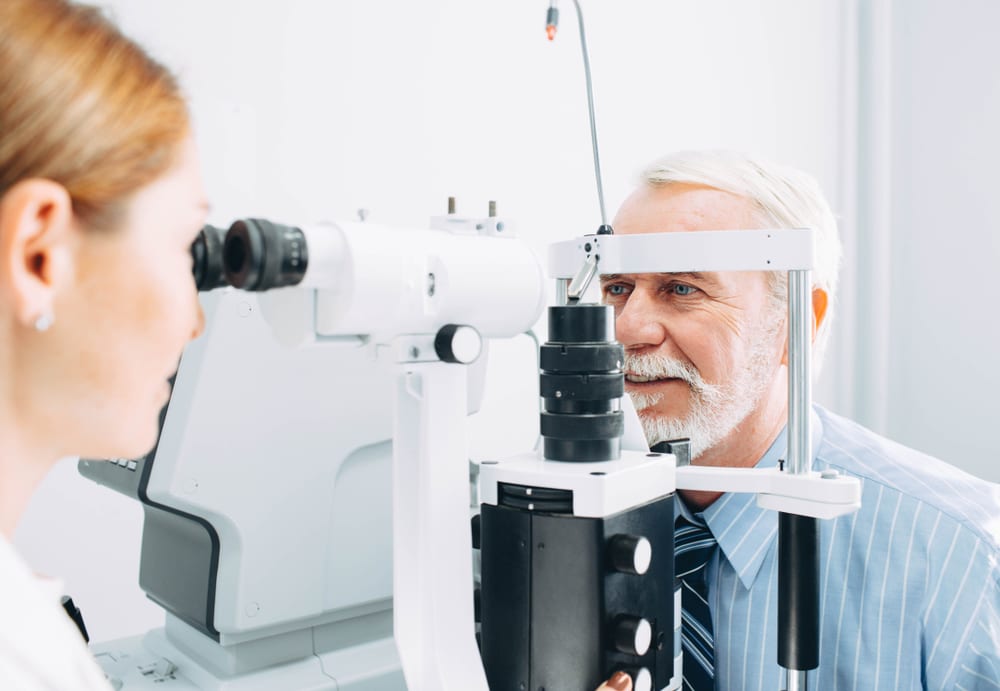
When patients first receive a cataract diagnosis, one of the most common questions they ask is how often they should have their eyes examined. The answer isn’t always straightforward, as monitoring frequency depends on several factors, including your age, the progression of your cataracts, and your overall eye health.
Navigating cataract care can feel overwhelming, which is why the experts at Colorado Eye Consultants are here to provide clear guidance on what to expect.
How Often Should Cataracts Be Monitored?
Cataracts are a progressive condition that develops slowly over time. What starts as minor cloudiness can gradually interfere with daily activities like reading, driving, or enjoying hobbies.
Regular monitoring allows your ophthalmologist to track these changes and determine the optimal timing for intervention. Age plays a crucial role in monitoring frequency because cataract progression often accelerates after 65.
The proteins in your eye’s natural lens continue breaking down more rapidly, and other age-related eye conditions may develop simultaneously. If you’re older than 65, you should have an eye exam every year once cataracts are diagnosed.
For those younger than 65 with cataracts, examinations every two years are typically sufficient unless your eye doctor recommends otherwise. These examinations ensure that any changes are caught early and managed appropriately.
Why Regular Cataract Monitoring Matters
During each examination, your eye doctor evaluates how cataracts are affecting your vision quality and daily functioning. This assessment goes beyond basic visual acuity tests to include evaluations of contrast sensitivity, glare sensitivity, and night vision capabilities.
Regular check-ups also allow your ophthalmologist to monitor for other eye conditions that commonly develop alongside cataracts. These may include glaucoma, macular degeneration, or diabetic retinopathy.
Early detection of these conditions is crucial for preserving your vision and preventing complications. Your eye doctor will also assess whether your current prescription is still providing adequate vision correction.
As cataracts progress, your vision needs may change, requiring adjustments to your prescription to maintain clear sight.
Factors That May Require More Frequent Cataract Monitoring
Certain factors may require more frequent cataract monitoring. Patients with diabetes often require more frequent examinations because diabetes can accelerate cataract progression and increase the risk of other eye conditions.
Patients who have undergone previous eye surgeries, such as LASIK, PRK, or retinal procedures, may also need more frequent monitoring. Rapid changes in your vision, increased difficulty with night driving, or significant problems with glare and halos around lights are all indicators that you may need to be seen sooner than your regularly scheduled appointment.
Your ophthalmologist at Colorado Eye Consultants will work with you to determine the appropriate monitoring schedule based on your individual circumstances.
What Happens During a Cataract Examination?
Your comprehensive cataract examination will include several key components designed to assess both your cataract progression and overall eye health. Visual acuity testing measures how well you can see at various distances, while contrast sensitivity testing evaluates your ability to distinguish between different shades and colors.
Your eye doctor will also perform a thorough examination of your natural lens using specialized equipment to assess the size, location, and density of your cataracts.
Knowing When It’s Time for Cataract Surgery
Cataract surgery is typically recommended when cataracts interfere with your daily activities and quality of life. During your monitoring visits, your ophthalmologist will ask questions about how cataracts are affecting activities that matter most to you.
This might include difficulty reading, problems with night driving, challenges with hobbies, or trouble recognizing faces. When these functional limitations become significant, it may be time to consider cataract surgery.
This common procedure involves removing the clouded natural lens and replacing it with an intraocular lens (IOL) to restore your vision. Colorado Eye Consultants offers the latest cataract surgery technology, including laser-assisted cataract surgery with ORA OptiWave Refractive Analysis, and premium IOL options to meet your lifestyle needs.
Is it time for your next cataract examination? Schedule an appointment at Colorado Eye Consultants in Littleton, CO, today!

